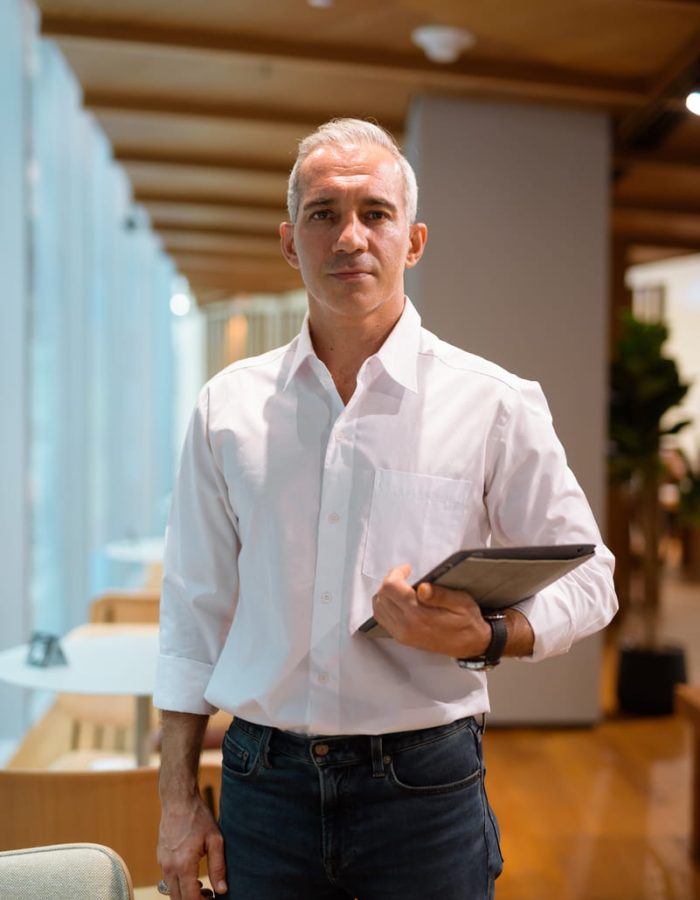If a family who lives in the US travels to England on vacation, the money they carry with them is “offshore money.” The money they have with them outside the country, whether in their wallets or purses or in financial institutions is offshore. Onshore money for them, on the other hand, is the money they have within the US.
For those who are not US citizens or residents, the money they place in the US is offshore. In fact, the US is the largest tax haven on the planet. There is more money “offshore” in the US than any other country in the world. Millions of foreigners invest in the US. For them, it the US is a tax haven. In a majority of countries in the world, there is no tax on income made outside their country of residence or citizenship.
For US citizens and legal residents, the money they have offshore is not considered tax haven money. Whereas, it is legal for a US person to have a bank account in a foreign jurisdiction, the profits made are reportable to and taxable in the US. So, it is important to keep in mind the difference between the fully legal ability to have money offshore and the illegality of tax evasion.
The solution is to have an offshore account and report the account and profits made therein. It would be advisable to have a knowledgeable accountant who is experienced with international bank accounts to keep your legal ducks in a row. Most accountants are not familiar with international reporting requirements. So, choose a professional with such a background. If you do not have an accountant with such a specialty, call the number on this website and we can help provide one for you.
We need to face reality in the US. The majority of us sleep in houses at night in order to keep warm and protect us from the elements. Our dwellings protect us from human and beastly predators. We have locks on our doors to protect us from unwanted intruders.
What about your money? In the US there are also predators who are more than willing to take your money. The US is a lawsuit jungle. There are more than 1.2 million attorneys in the US. A majority of them need hardworking people like you and me in order to keep bread on their tables.
Over the past several decades the legal system has made a major shift from a service to a business. Now, someone can sue you for any reason for any time. It is not necessary to prove your claims before suing. Even if the original claims were wrong, an attorney can amend the claims in the midst of the lawsuit.
On top of that, people can get a lawyer for free. With the contingent fee system, the lawyer can take his or her money out of the plunder seized from you. Unlike most countries, we do not have a loser pay legal system. So, whether or not you win or lose, you don’t get your money back. If you spend $100,000 or $150,000 defending yourself in a lawsuit, you cannot get it back even if you are victorious.
What is the solution?
A trust is the strongest, very best legal tool for protecting assets. The trustee holds property for the benefit of the beneficiaries. The trust is established by settlor. You can be both the settlor and the beneficiary. A trust can be established at any time, for any legal purpose. It can be established in any jurisdiction that recognizes trust– inside the US or outside the US.
What is the best jurisdiction for establishing a trust?
First, the question to ask is, “What is the purpose of the trust?” Is it asset protection from lawsuits?
If your answer is “yes,” the answer is not the US.
The answer is a Cook Islands Trust.
Through the Cook Islands International Trust Act, you can enjoy the strongest asset protection available. In the Cook Islands there are no contingent fee lawyers. That means, if someone wants to sue you, they are in for a very expensive journey. There is no recognition of foreign judgments. So, any judgment obtained in the US or other jurisdiction means nothing in the Cook Islands.
The Cook Islands has a loser pays legal system. That means that if someone sues you and loses, which they probably will, they will be responsible for your legal fees.
The burden of proof that your opponent needs to meet is beyond a reasonable doubt. Most civil cases are won by a preponderance of the evidence, 51% to 49%. Beyond a reasonable doubt means 98-99% sure. This is an extremely difficult hurdle.
Moreover, their courts require specificity of claim. In the US if the lawyers sue and are not sure if they have a case, they can amend their claim. The Cook Islands are different. If the claims are proven to be invalid, the plaintiff must start from the beginning and file a new lawsuit.
In addition, the trust can protect your assets even if you file for bankruptcy. So, you could have placed all of your assets into the trust, file for bankruptcy, wipe out your debts, and your assets will remain intact.
You can move the trust to another jurisdiction. Even in the very unlikely event that our opponent pursues you in Cook Islands courts, you can let them spend legal fees to their heart’s content. Then once they have exhausted themselves, you can simply change the trust to another favorable jurisdiction, such as Belize or Nevis.
So, you can clearly see why we have never seen a case in the Cook Islands where assets have been seized from an asset protection trust established there. Experts who specialize in this field agree that the Cook Islands Trust possesses the strongest asset protection of any legal tool.





